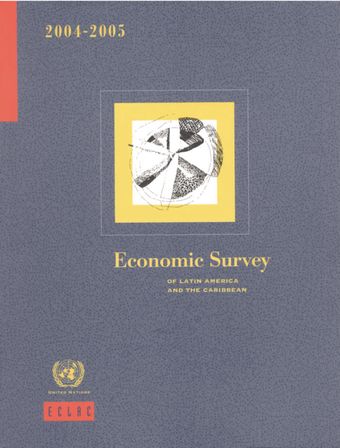Bolivia

- Author: Economic Commission for Latin America and the Caribbean
- Main Title: Economic Survey of Latin America and the Caribbean 2004-2005 , pp 153-160
- Publication Date: December 2005
- DOI: https://doi.org/10.18356/8a716007-en
- Language: English
Bolivia's economy turned in a good performance in 2004, on the strength of favourable external conditions and a degree, albeit tenuous, of political and social stability. In 2005, however, although external conditions remained favourable, a grave political crisis culminated in the resignation of the President in early June and his replacement by a transition government, whose main objective is to hold general elections before the year is out. The mobilizations in May and June took their toll on economic activity, inflation and tax receipts. The situation had begun to deteriorate in January, when demands for autonomy by the department of Santa Cruz were heightened after the government raised fuel prices. Later, the debate surrounding the hydrocarbons act escalated with some movements pressing for the nationalization of the industry, leading, ultimately, to the resignation of the President. In May Congress passed hydrocarbons legislation providing for a direct tax of 32% on the value of production (in addition to the existing royalty of 18%) and afforded the State a larger role and increased regulatory capacity in the sector. There are some signs that this, together with the possibility of nationalization, could deter future investments in the industry. Bolivia is now engaged in a debate on the political reorganization of the State which, among other things, would involve changes in the degree of departmental autonomy.
-
From This Site
/content/books/9789211555684s004-c003dcterms_title,dcterms_subject,pub_keyword-contentType:Journal -contentType:Contributor -contentType:Concept -contentType:Institution105



